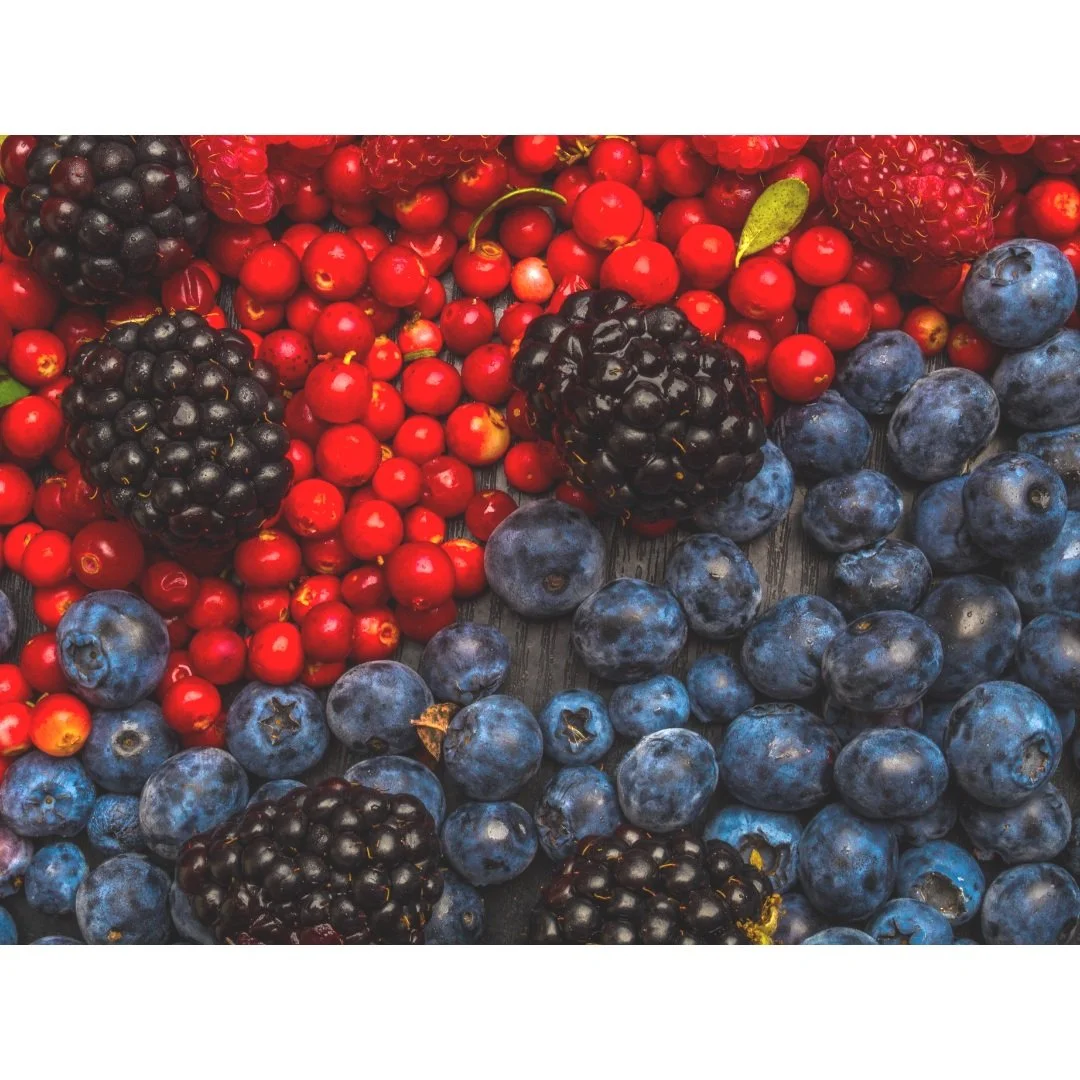Protect Yourself This Season
Cold and Flu Prevention Tips
Practice Good Hygiene: Wash your hands frequently with soap and water for at least 20 seconds, especially before eating or touching your face. If soap and water are unavailable, use a hand sanitizer with at least 60% alcohol.
Maintain a Healthy Diet: Incorporate a variety of fruits, vegetables, whole grains, and lean proteins into your diet to support your immune system.
Stay Hydrated: Drink plenty of fluids, such as water, herbal teas, and broths, to keep your body hydrated and help flush out toxins.
Regular Exercise: Engage in regular physical activity to boost your immune response and maintain overall health.
Get Adequate Sleep: Aim for 7-9 hours of quality sleep each night to allow your body to rejuvenate and strengthen its defenses.
Manage Stress: Practice stress-reduction techniques such as meditation, deep breathing, or yoga to support your immune health.
Use Disinfectants: Regularly clean and disinfect commonly touched surfaces in your home and workplace, such as doorknobs, light switches, and phones.
Consider Supplements: Explore evidence-based supplements such as vitamin C, vitamin D, and zinc to potentially enhance your immune function, particularly during flu season.
By implementing these strategies, you can significantly reduce your risk of contracting and spreading colds and flu, contributing to better overall health and well-being.Are you or a loved one dealing with the common cold and flu? The solution might be closer than you think.
Tips on How to Stay Healthy During the Cold and Flu Season
When to Supplement Your Diet with antioxidants
Recent scientific research has revealed the potential of dietary flavonoids, a group of plant metabolites or antioxidants, to significantly improve conditions related to these infections.
Here’s what the research shows:
A comprehensive systematic review and meta-analysis, including 30 randomized controlled trials, has highlighted the beneficial effects of flavonoids against viral acute respiratory tract infections.
Significant improvements were observed in disease-specific symptom scores.
In conditions like the common cold, influenza, COVID-19, acute non-streptococcal tonsillopharyngitis, acute rhinosinusitis, acute bronchitis, bronchial pneumonia, and upper respiratory tract infections, flavonoids decreased the severity and duration of symptoms.
The mechanism behind this reduction in symptoms could be attributed to the various biological activities of flavonoids, including their anti-oxidant properties.
This research suggests that incorporating dietary antioxidants like flavonoids into your diet could be a natural and effective way to manage your health. [1]
Nonetheless, there may be situations where the antioxidants obtained from our diet may not be enough, and taking supplements could be advantageous. Such scenarios might include:
a lack of antioxidant-rich foods in the diet,
times of significant physical stress like strenuous exercise or sickness,
the aging process which diminishes our body’s capacity to generate certain antioxidants,
regular exposure to environmental pollutants and UV rays, and
the existence of chronic diseases associated with oxidative stress.
Although antioxidant supplements can be beneficial, it’s vital to seek advice from a healthcare expert before initiating any supplement routine. They can offer guidance on the suitable kind and dosage of antioxidant supplements tailored to individual requirements and conditions.
Related Products
Disclaimer
The information provided on this page is not intended as medical advice. While we strive to provide accurate and up-to-date information, we make no representations or warranties of any kind, express or implied, about the completeness, accuracy, reliability, suitability, or availability with respect to the content. The information contained herein should not be used as a substitute for the advice of an appropriately qualified and licensed physician or other healthcare provider. The suggestions and insights should not be used for diagnosing or treating a health problem or disease, or prescribing any medication. Always seek the advice of your physician or other qualified health provider with any questions you may have regarding a medical condition or treatment and before undertaking a new health care regimen. Never disregard professional medical advice or delay in seeking it because of something you have read on this site.













